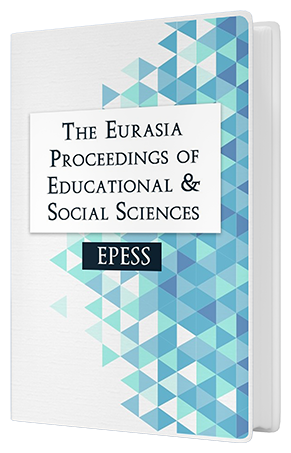Impact of Glass Ceiling Effect on Women Career Success with the Mediating Role of Work Family Conflict and Moderating Role of Perceived Organizational Support in Pakistan
DOI:
https://doi.org/10.55549/epess.1221484Keywords:
Glass-ceiling effect, Women career advancement, Work family conflict and perceived organizational supportAbstract
Women make up half of the world's population, but they continue to face significant barriers to success including the glass ceiling. It refers to the invisible professional hurdles that women confront in the workplace. Women encounter challenges in practically every field of business today, including positive successes such as promotions and awards, which jeopardize their status and role in the workplace. Although the glass ceiling has piqued the interest of researchers, some authors have noted that theoretical models have made little effort to develop an understanding of the phenomenon and its implications. The main objective of the research was to find out the impact of glass barriers on women's career advancement in academia, as well as to analyze the mediating role of work-family conflict the mediating linkage between the glass ceiling and women's career success and perceived organizational support as moderating to reduce the negativity between conflict and women careers. The data was gathered using an adopted questionnaire with a sample size of 325. The included hypothesis under this research is being tested using sampling criteria. According to the results of the study, all hypotheses were accepted. Theoretical and managerial implications were also discussed along with future recommendations and limitations.Downloads
Published
Issue
Section
License
Copyright (c) 2022 The Eurasia Proceedings of Educational and Social Sciences

This work is licensed under a Creative Commons Attribution-NonCommercial-ShareAlike 4.0 International License.
The articles may be used for research, teaching, and private study purposes. Any substantial or systematic reproduction, redistribution, reselling, loan, sub-licensing, systematic supply, or distribution in any form to anyone is expressly forbidden. Authors alone are responsible for the contents of their articles. The journal owns the copyright of the articles. The publisher shall not be liable for any loss, actions, claims, proceedings, demand, or costs or damages whatsoever or howsoever caused arising directly or indirectly in connection with or arising out of the use of the research material. All authors are requested to disclose any actual or potential conflict of interest including any financial, personal or other relationships with other people or organizations regarding the submitted work.




